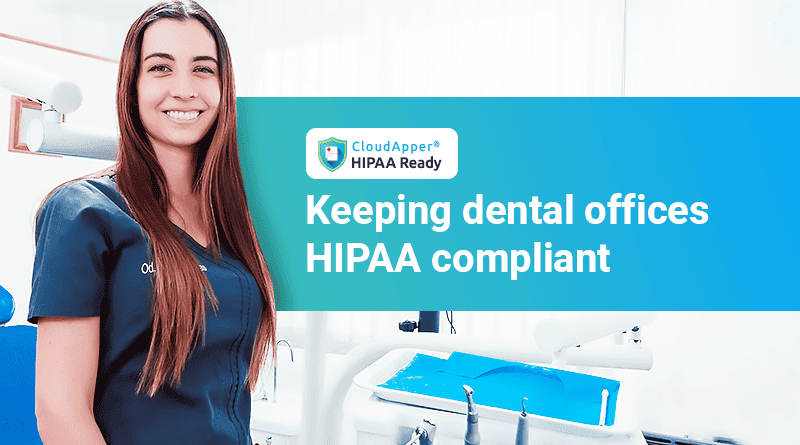Under the HIPAA Minimum Necessary Standard, covered entities and business associates are required to make reasonable efforts, as per the Standards of Privacy of Individually Identifiable Health Information (Privacy Rule), to limit the release of protected health information (PHI) to the minimum standard necessary to accomplish the intended purpose of the request.
In simpler terms, the minimum standard addresses the use and disclosure of PHI that is permitted under the Privacy Rule, including the accessibility of ePHI by healthcare professionals and disclosures to business associates and other covered entities. The standard also applies when other HIPAA covered entities request protected health information (PHI).
The HIPAA Minimum Necessary Standard pertains to all forms of PHI, including spreadsheets, printed images and films, physical documents, electronic protected health information (ePHI), including information stored on tapes and other media, and information that is communicated verbally. The standard is designed to be flexible and gives authority to covered entities to determine implementation.
How does the HIPAA Minimum Necessary Standard work?
Healthcare organizations must develop and implement robust policies and procedures appropriate for their organization and that reflect their business practices and workforce. The policies and procedures must clearly specify who needs access to PHI to carry out their job functions, the types of PHI needed, and the conditions under which access is appropriate. For example, a medical facility can permit doctors, nurses, and others who are involved in treatment to have full access to medical records. Where the full medical record is necessary, the organizations must explicitly mention it, with justification in their policies and procedures.
When does it not apply?
Under certain circumstances, the HIPAA minimum necessary standard does not apply. These are:
- Request made by healthcare providers for treatment purposes.
- Request made by patients for their own medical records.
- Request with a valid authorization.
- Uses and disclosures required for compliance with HIPAA Administrative Safeguards.
- Request made by HHS for the disclosure of information required under the Privacy Rule for enforcement purposes.
- Uses or disclosures otherwise required by the law.
Who determines the minimum necessary standard?
Under certain circumstances, a covered entity may rely on the judgment of its business associates or other parties requesting the disclosure as to the minimum amount of information that is required. In simpler terms, the HIPAA Privacy Rule permits covered entities to rely on the judgment of other parties with respect to the minimum necessary standard. The reliance is permitted but must be reasonable under particular circumstances, such as:
- Another covered entity making the request.
- A public official or agency stating that the information required is the minimum necessary for public health purposes.
- A request from a professional member of the workforce or a business associate of a covered entity, who states that the information required is the minimum necessary for the stated purposes.
- A researcher requesting the information with appropriate documentation from an Institutional Review Board (IRB) or Privacy Board.
Note, however, that the Privacy Rule does not require such reliance; that is, a covered entity from whom PHI is sought has full discretion to make its own minimum necessary standard for uses, disclosures, and requests for PHI.
HIPAA Ready Simplifies HIPAA Compliance
HIPAA Ready was designed to help simplify the HIPAA compliance process. This robust HIPAA compliance management application includes all the modules that give healthcare organizations everything they need to address the full extent of HIPAA regulations.
As the minimum necessary standard requires developing comprehensive policies and procedures, with HIPAA Ready, organizations can easily add, edit, or update existing policies and notify their employees of the changes. Most importantly, employees need to be trained on the policies and procedures in place, and with HIPAA Ready the training process can be streamlined effortlessly.
Leave a comment or contact CloudApper if you are interested in learning more about HIPAA Ready.



















